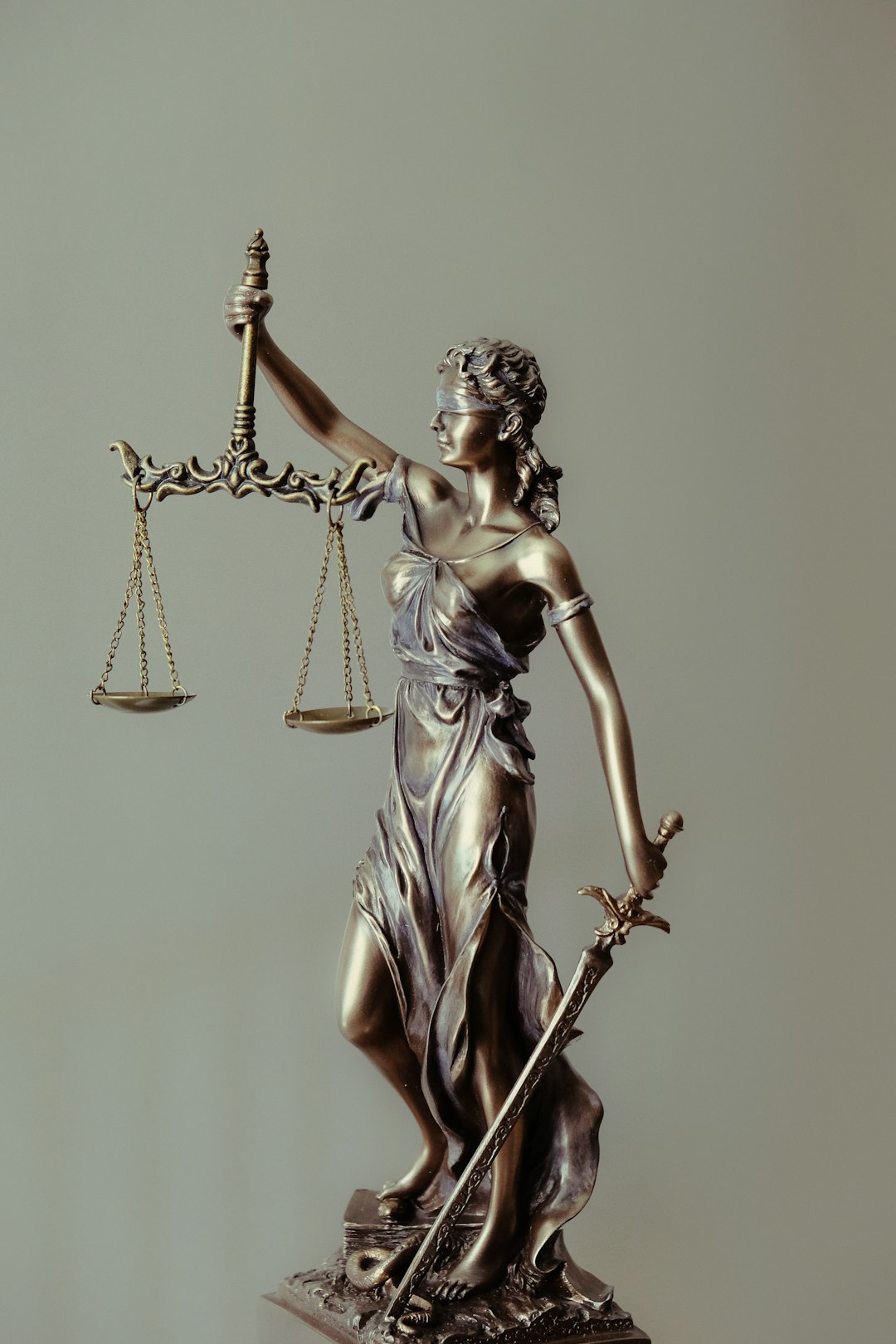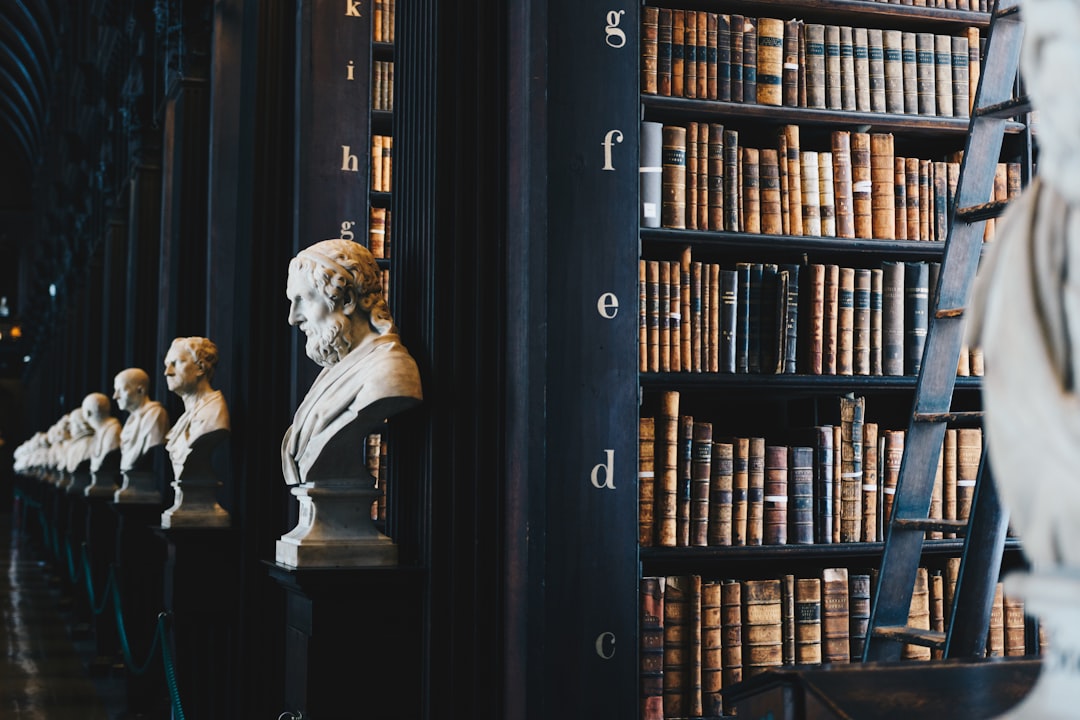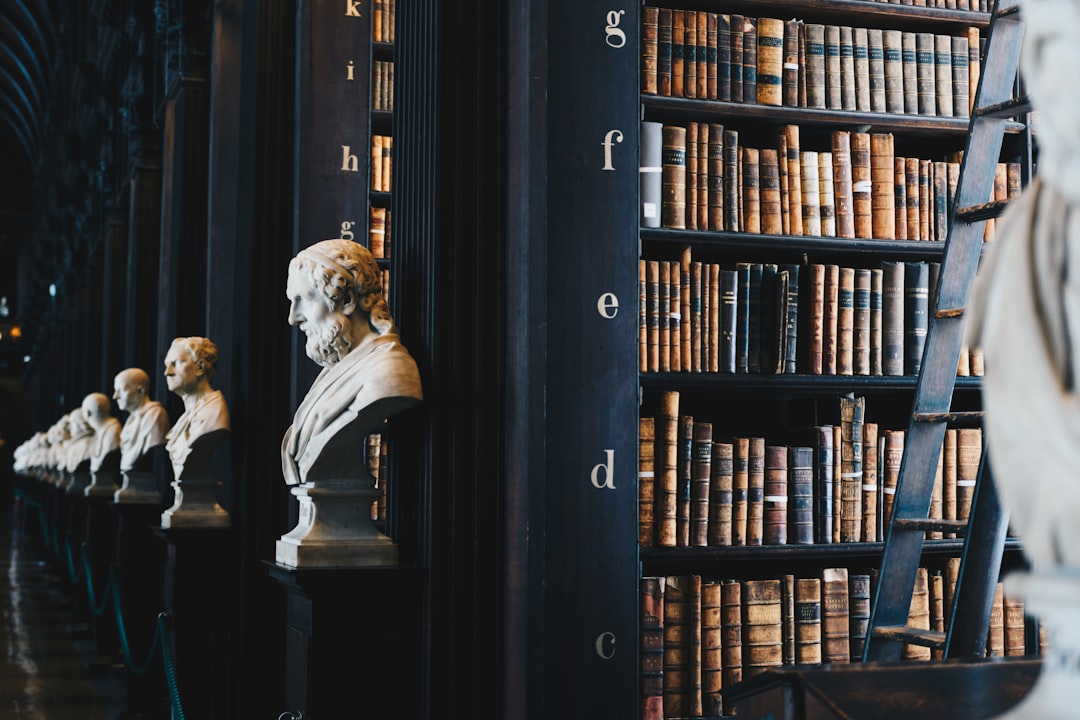In San Francisco, jury selection for sexual abuse cases is a meticulous and crucial process, ensuring fairness and impartiality. Potential jurors are summoned from a diverse pool, undergoing extensive questionnaires and questioning to identify biases or conflicts. A sexual abuse attorney in San Francisco, CA, plays an integral role by carefully evaluating candidates' backgrounds, experiences, and affiliations. The goal is to select jurors who understand the unique challenges of these trials, prioritize victim privacy, and handle delicate evidence. Through strategic methods like detailed questionnaires and challenges, attorneys ensure a diverse, fair jury panel. Understanding this process, guided by a sexual abuse attorney in San Francisco CA, empowers victims and families seeking justice.
“In San Francisco, jury selection in sexual abuse cases is a critical phase that demands both nuance and advocacy. This comprehensive guide unravels the intricacies of the process, equipping readers with insights into qualifications, strategies, and post-selection procedures. Understanding the role of a sexual abuse attorney is pivotal, as they navigate sensitive topics to ensure a fair trial. With unique challenges in such cases, this article delves into effective strategies for selecting juries, offering essential knowledge for both legal professionals and individuals navigating this complex landscape, especially in San Francisco, CA.”
Understanding Jury Selection Process in San Francisco Courts
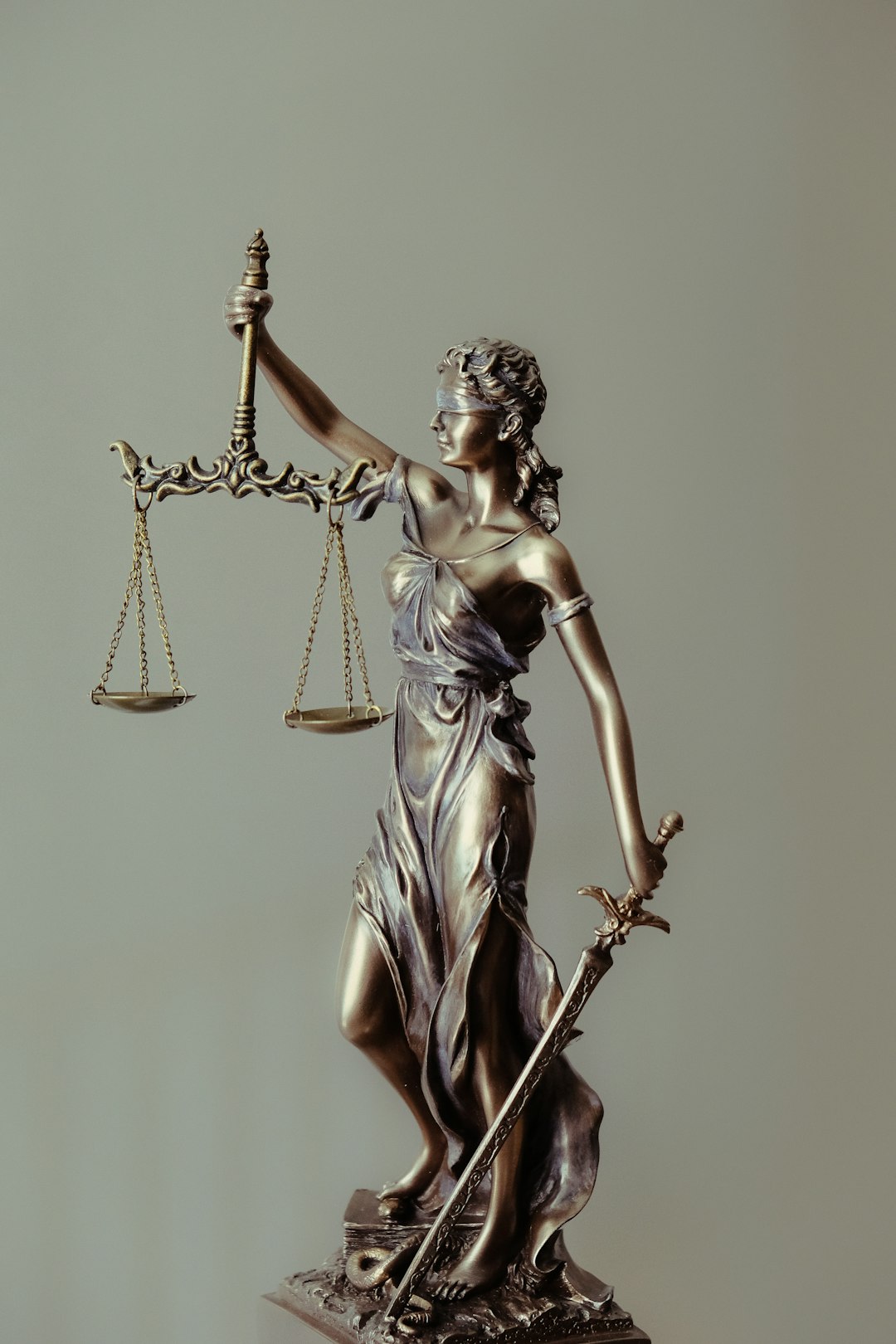
In San Francisco courts, jury selection for sexual abuse cases is a meticulous process designed to ensure fairness and impartiality. Potential jurors are summoned from a pool of citizens and undergo an extensive questionnaire and individual questioning. This rigorous screening aims to identify any biases or conflicts that might influence their decision-making. The process involves both the judge and attorneys from both sides, who work together to challenge or accept potential jurors based on their responses.
Understanding this selection process is crucial for victims and families seeking justice. A sexual abuse attorney in San Francisco CA can guide clients through these proceedings, ensuring their rights are protected. By knowing what to expect, individuals involved can better navigate the challenges of jury selection, ultimately contributing to a fair trial outcome.
Qualifications and Criteria for Potential Jurors
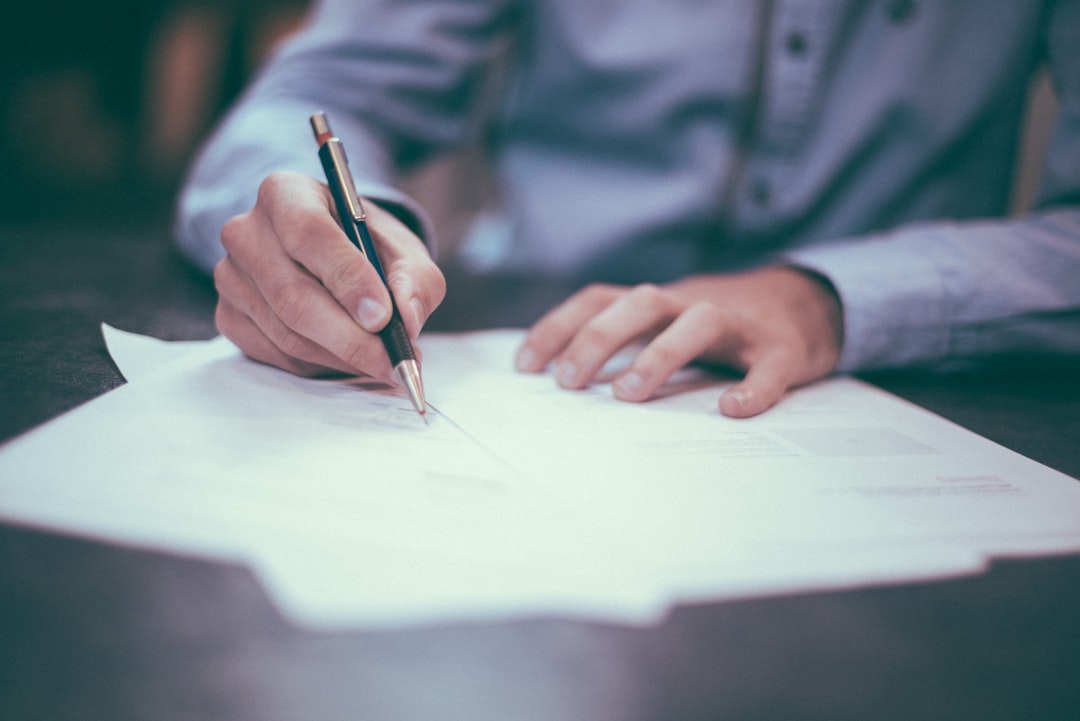
In San Francisco, potential jurors for sexual abuse cases are selected from a diverse pool, with strict criteria to ensure fairness. Jurors must be able to dedicate significant time—often several weeks—to the trial. This commitment is essential as these cases often involve sensitive and complex evidence. A sexual abuse attorney in San Francisco, CA, will scrutinize each potential juror’s background, focusing on their personal experiences, professional affiliations, and any prior knowledge of similar cases.
The goal is to find individuals who can set aside biases and remain impartial. Those with personal or professional connections to law enforcement, legal professions, or victims’ advocacy groups may be excluded to maintain balance. Potential jurors are also evaluated for their understanding of the unique challenges in sexual abuse trials, such as the importance of victim privacy and the need for careful handling of sensitive evidence.
The Role of a Sexual Abuse Attorney During Jury Picking
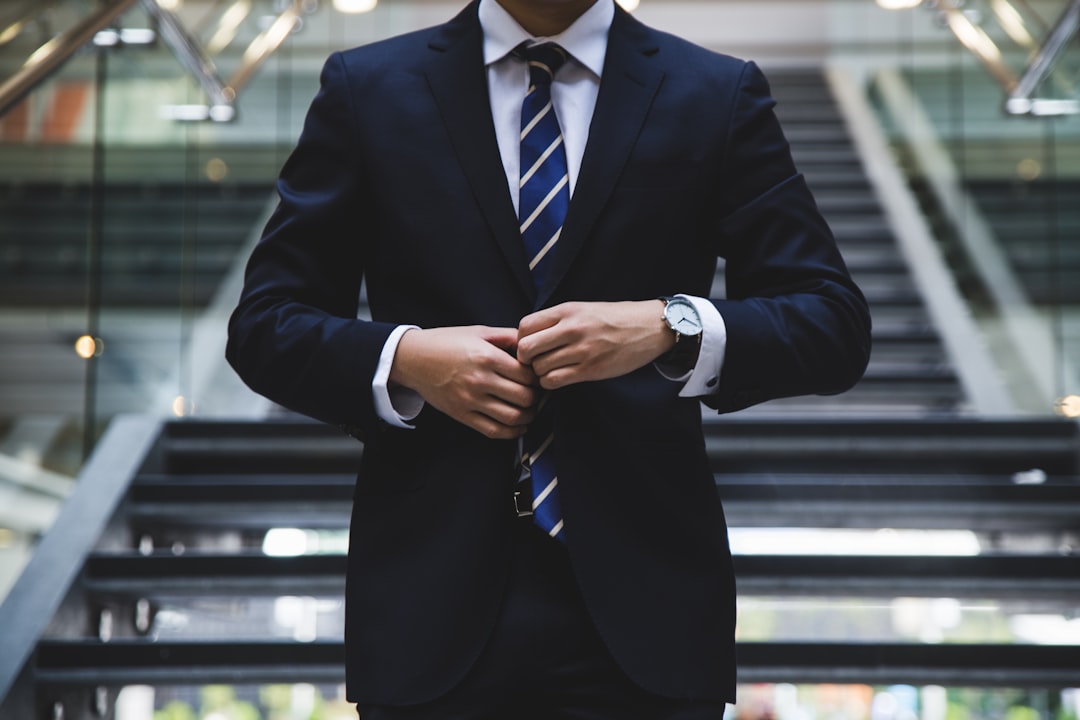
During jury selection in San Francisco sexual abuse cases, a sexual abuse attorney plays a pivotal role. They are not merely observing but actively participating in a crucial step that will shape the outcome of the trial. A skilled attorney will scrutinize potential jurors, looking for biases, preconceived notions, or experiences that might affect their ability to render an impartial verdict. Their expertise lies in recognizing subtle cues and asking probing questions to uncover hidden prejudices, ensuring a fair and unbiased jury.
The attorney’s role extends beyond identifying suitable jurors; they also guide the judge and opposing counsel on legal matters specific to sexual abuse cases. They advocate for the preservation of evidence, challenge inappropriate lines of questioning, and ensure that the proceedings adhere to legal protocols. Their presence is vital in protecting the rights of the accuser and ensuring a just trial, particularly in highly sensitive cases like sexual abuse, where public perception can significantly impact the outcome.
Common Challenges and Strategies in Selecting Juries for Sensitive Cases
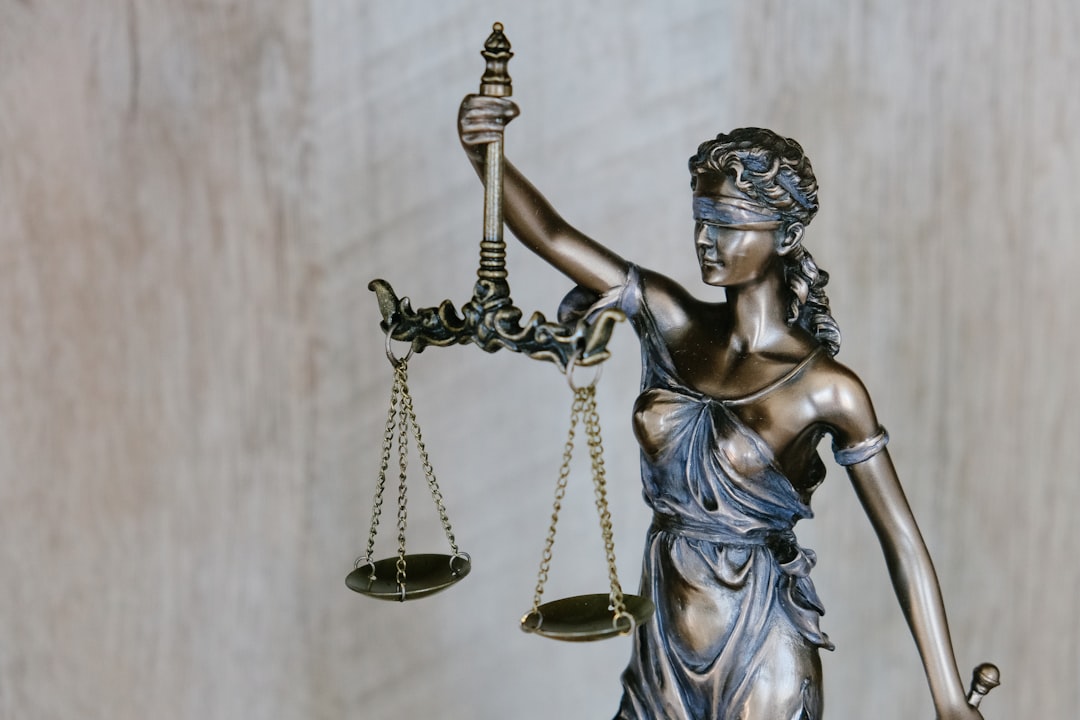
Selecting a jury in sensitive cases like sexual abuse can be challenging, requiring careful navigation by both attorneys and judges. One common hurdle is finding jurors who are impartial yet empathetic, as these cases often evoke strong emotions. Additionally, potential biases related to gender, age, or cultural backgrounds must be addressed to ensure a fair trial.
Sexual abuse attorneys in San Francisco, CA, employ various strategies to overcome these challenges. They may use detailed questionnaires to gauge jurors’ preconceptions and readiness to handle such cases. Challenges for cause and peremptory challenges are instrumental tools to exclude biased or unsuitable candidates. Building a diverse panel that reflects the community and the case’s nuances can help foster an atmosphere of understanding and impartiality, ultimately facilitating a more just outcome.
What Happens After the Jury Is Selected? Key Procedures and Rights
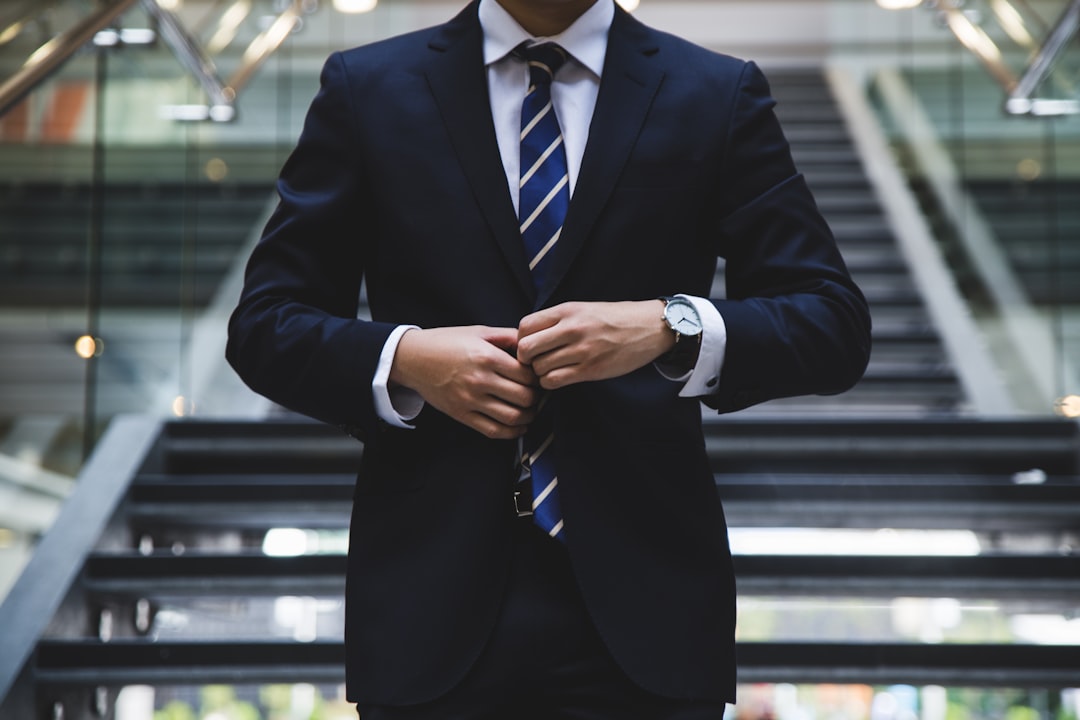
After the jury is selected, the trial proper begins. In sexual abuse cases, this process involves strict procedures designed to ensure a fair and just outcome. The court will first establish the rules of evidence and procedure, which both parties—the plaintiff (usually the victim) and the defendant—must follow. This includes guidelines on what types of testimony and evidence are admissible, as well as how it should be presented.
As a sexual abuse attorney in San Francisco, CA, representing either the victim or the defendant, it’s crucial to understand these rules. The jury will deliberate based on the evidence presented, and their decisions must align with the law. Throughout this process, both sides have specific rights, including the right to cross-examine witnesses, present their own evidence, and appeal any unfavorable verdicts. Understanding these key procedures and rights is vital for navigating the complex landscape of sexual abuse trials in San Francisco.

